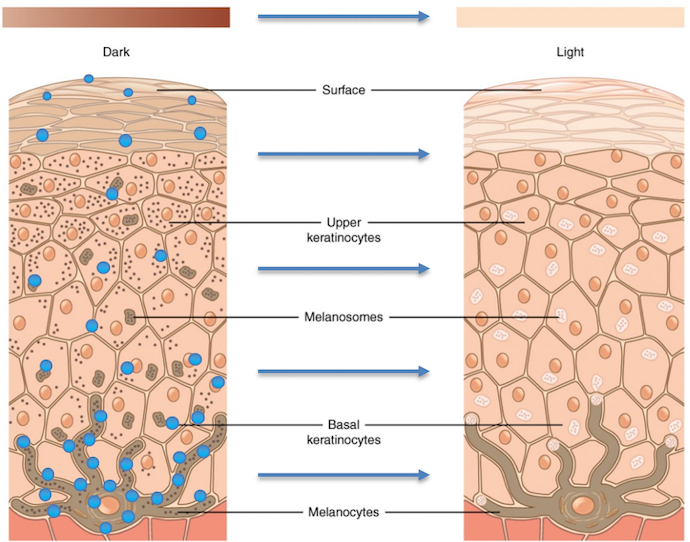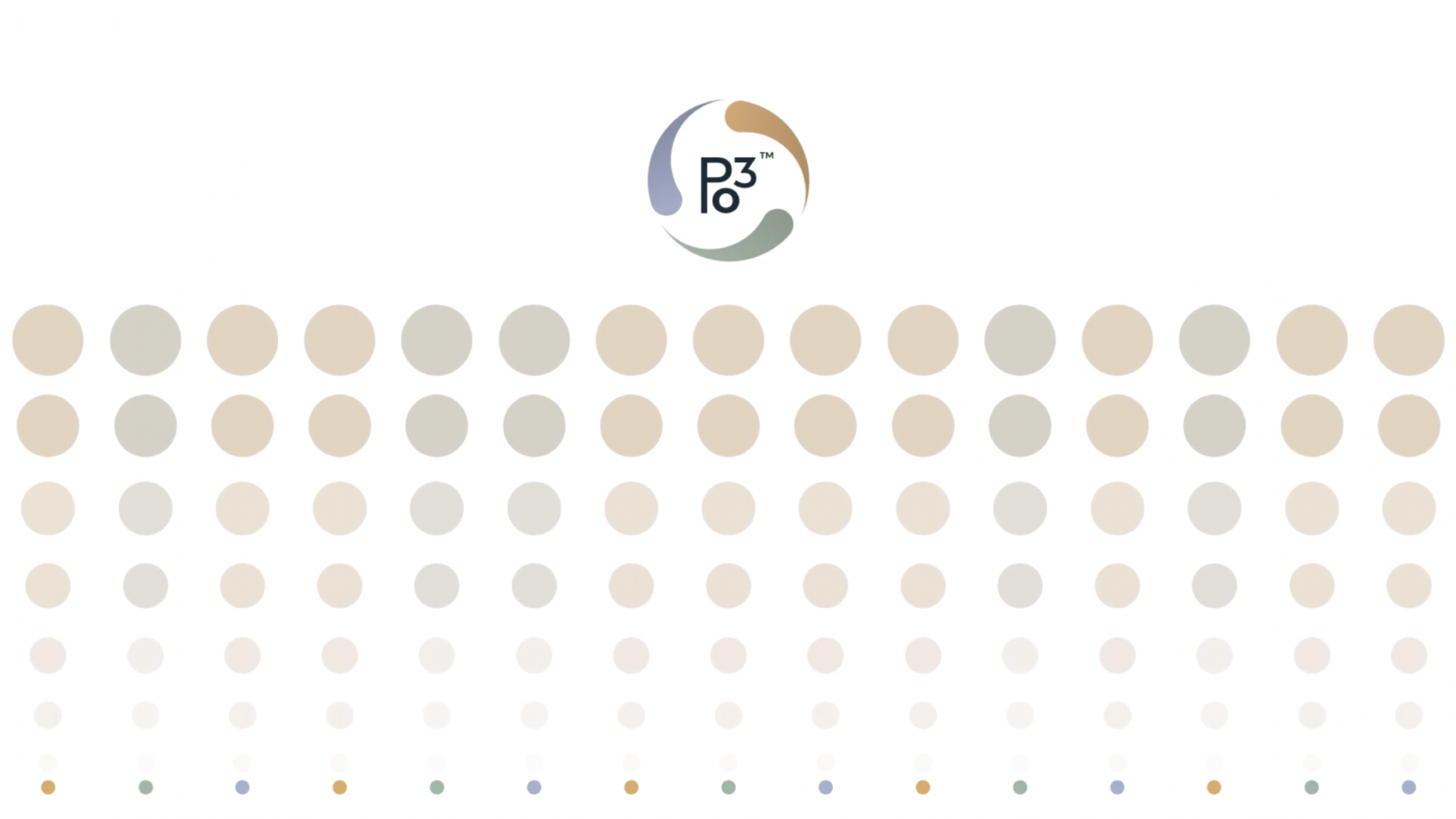As many of us know, our skin is the body’s largest organ and the first barrier of defence against external germs, infections, and UV radiation. Additionally, our skin also helps us express ourselves – be it the pallor of fear or the flush of anger.
That being said, let’s explore beneath of surface of one of our body’s most complex and vital organs.
Skin’s 3 layers
The skin consists of three distinct layers: the epidermis, the dermis and the subcutaneous layer. The outer layer of the skin, and also the thinnest layer, is the epidermis, which provides a waterproof barrier and creates one’s skin tones. It is also this layer of the skin which is mainly made up of dead skin cells that are consistently washing off and flaking. These old skin cells are replaced by new skin cells that have been produced within the lower layers of the epidermis, which have been moved upwards towards the surface of the skin. This entire rejuvenation process occurs within every 28 days for the average middle-aged adult.
The average time taken for a full skin cycle increases with each progressive stage of our life, with teenagers experiencing it every 10 – 21 days, while people in their 40’s and 50’s experiencing it every 45 – 60 days.

Melanocytes
The epidermis also houses unique cells called melanocytes. These cells are responsible for the production of the pigment melanin, which are then moved up towards the top layer of the epidermis, resulting in the pigment visible on your skin – be it your natural skin tone or specific pigment spots like acne scarring, age spots, and freckles.
However, these forms of excess pigmentation can be addressed with The Lightening Serum, which promotes brighter, even and younger looking skin with the use of potent food-derived actives. These actives target the production of pigmentation at root, thus effectively reducing visible pigmentation on the surface of your skin.
In addition to reducing pigmentation, it is also important to lather on the sunscreen and ensure that your skin is protected from excessive UV radiation, which may cause premature ageing, and in serious cases, skin cancer. Remember to be kind to your skin and it will be kind to you!

Add a Comment